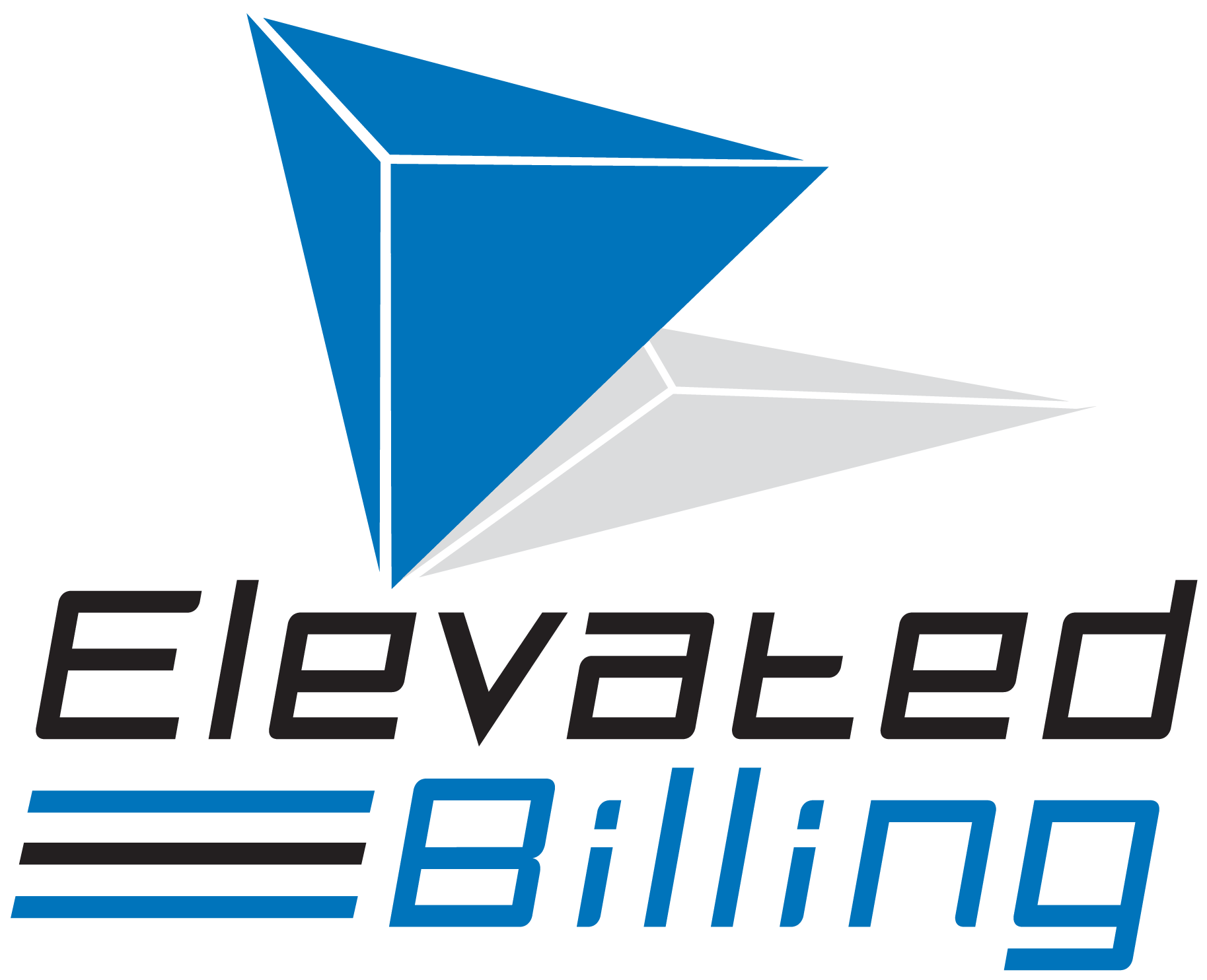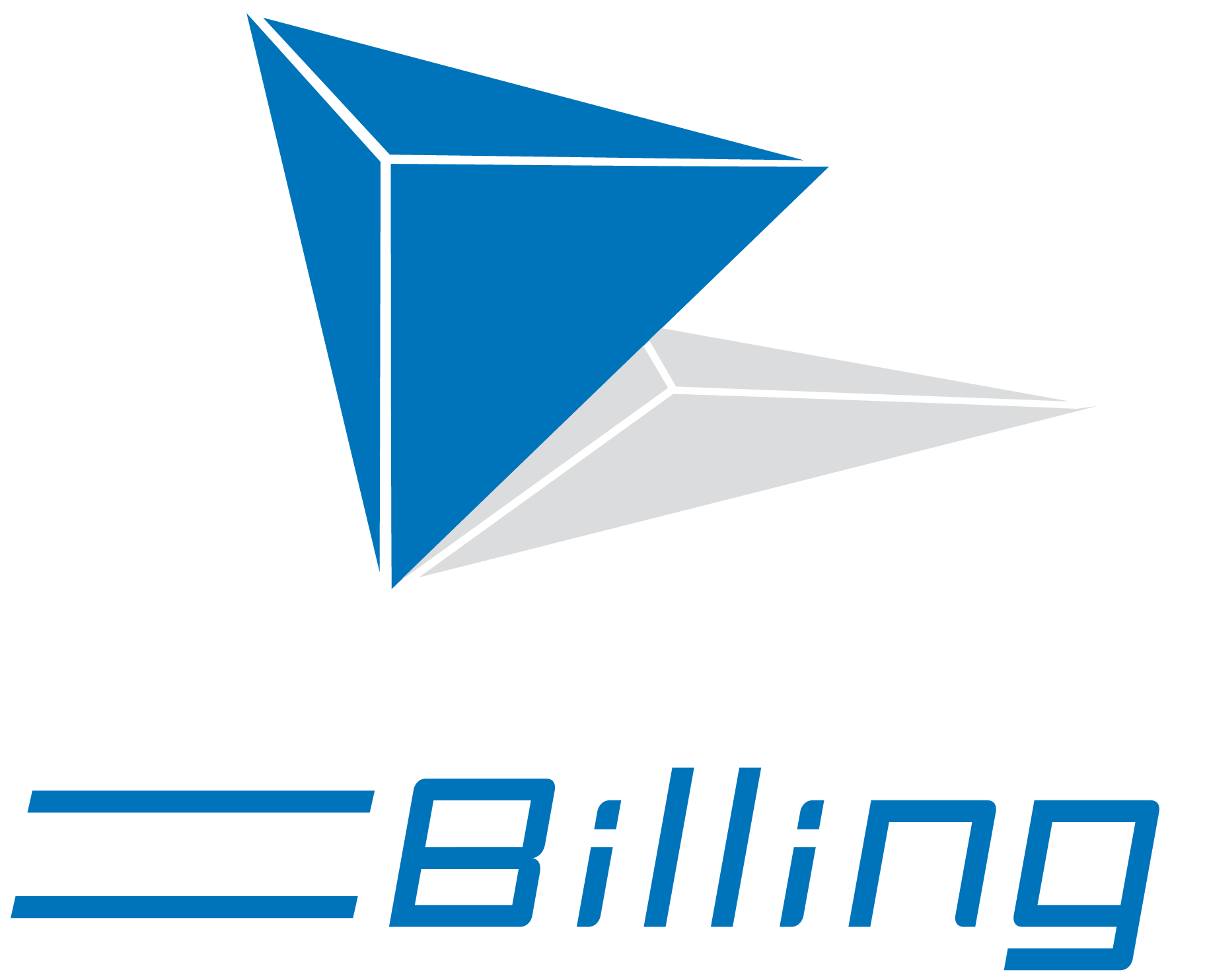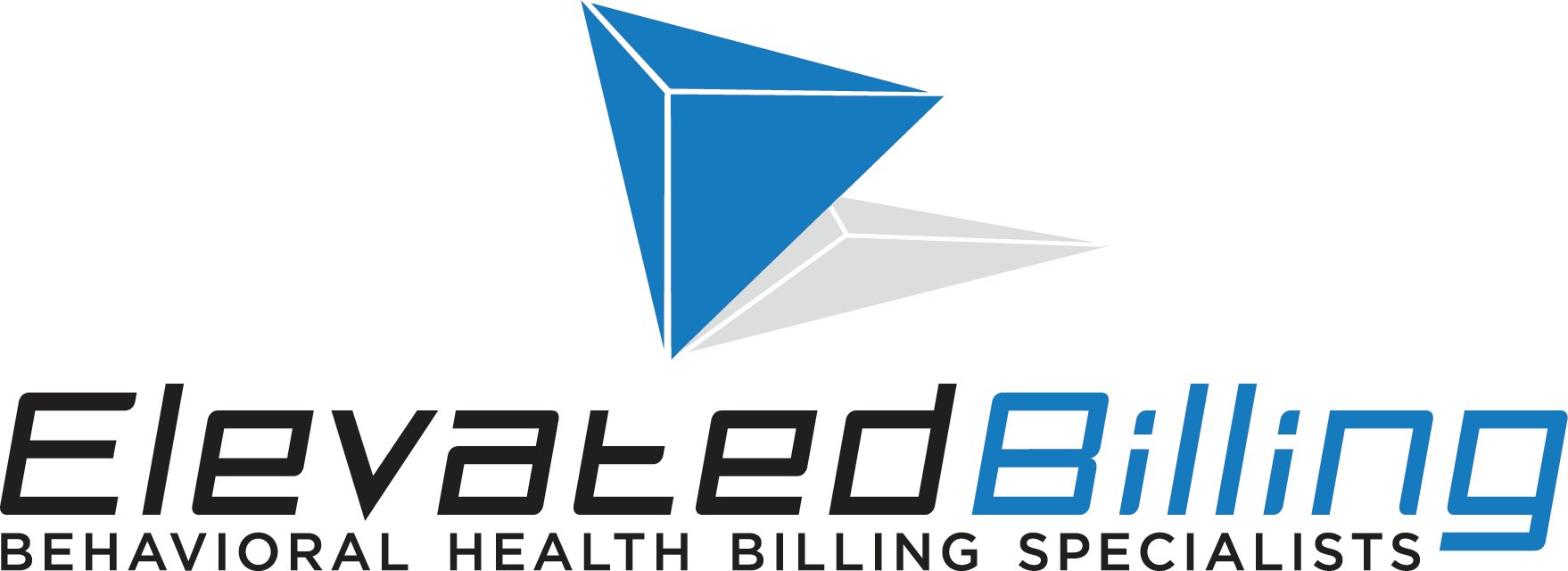Are POC's Even Billable Anymore?
Having trouble getting POC’s to pay? Stuck in an audit with insurance companies for this service? Follow these guidelines to ensure you get the most out of POC billing without jeopardizing another and/or future audit.
Changes Over the Years
POC’s have quickly evolved over the last few years and will continue changing as long as provider’s are still billing them. In 2016 we saw sweeping coding changes and HCPCs additions were instituted. 2016 also brought restrictions to high complexity testing and most carriers flagged and deemed that type of testing to be a non-covered service. This typically resulted in provider’s billing presumptive testing. In 2017,Optum (UBH) one of the most well-known insurance companies, began denying even presumptive POC tests for being inclusive to higher levels of care. Soon after that, other insurance companies started implementing a maximum limit under the printed guidelines they issued.
ASAM Weighs In
In 2017 ASAM issued a Consensus Statement Titled “Appropriate Use of Drug Testing In Clinical Addiction Medicine”. The purpose of the consensus was to provide guidance about the effective use of drug testing in and promotion of recovery. This document gives providers practical information to guide the appropriate use of drug testing and treatment of chemical dependency. We highly encourage you to download the document by clicking the link below, and include it as part of your provider best practices.
Charting Requirements
POC’s can still be billed so long as you have appropriate documentation according to the carrier’s guidelines and additionally ASAM standards. As with most every provider; charting is most likely their typical downfall in obtaining reimbursement or challenging denied claims. We recommend documenting your testing procedures and performing audits on a regular basis to ensure your records and processes stay within the recommended guidelines.
- A complete physical order for lab testing is present. This means a written order by a physician specifying very clearly frequency, purpose and randomization.
- Specific indications as part of recovery plan (Standing order/Medical necessity letter)
- Specific type and method of testing (optional, but increases ability to challenge non payment)
- Manufacturer and model numbers for testing equipment for billed services (optional, but increases ability to challenge non payment)
- Manufacturer and brand for all testing supplies used (optional, but increases ability to challenge non payment)
While performing appeal work and chart audits it has also been our experience that physical orders are almost non existent. It is frequent that facility administration is unaware of the importance of written medical orders. They are necessary, not just for reimbursement, but for liability and to conform with best practices. Please reference ASAM Summary of Recommendations, Documentation and Confidentiality below:
- Addiction treatment programs should provide written drug testing procedures to patients. Procedures should be reviewed with the patient at the start of his or her treatment.
- Providers should document the rationale for the drug tests they order and the clinical decisions that are based upon drug test results.
- Providers should ask patients about and document potential sources of cross-reactivity, including various foods and current medications.
- Particular characteristics of a sample with the potential to lead to problems with interpretation (eg, hair that has been chemically treated) should be documented at the time of collection.
- Test results should be documented.
- Test results should be kept confidential to the extent permitted by law. Providers should thoroughly explain to patients all rules regarding confidentiality, consent, and sharing test results with outside entities.
- In general, providers should use caution when sharing test results with outside entities such as justice settings or employers. When sharing test results with outside entities, it is optimal that positive results be verified with a definitive test.
It has also been our experience that frequency is often an issue. Daily drug testing is not in alignment with inpatient treatment. Test frequency should be dictated by patient acuity and level of care.
Whatever you choose to bill must be reasonable and medically necessary based on generally accepted standards. Brian S. King explains “...if the drug testing has been ordered by the doctor, but exceeds what a reasonable physician would order for the patient based on their particular needs, the same thing: the facility will be vulnerable to a challenge…” Based on that legal opinion of a prominent attorney in our industry, it is important to have a conversation with your physician and get on the same page as to what is reasonable, and how is he writing orders.
Known Carrier Limits
- Aetna – Allows a maximum of 8 units per 365 days per policy member
- Cigna – Allows a maximum of 32 units per 365 days per policy member
- Regence BCBS Utah – Denies POC claims for non-Covered service, pre auth required
- Optum – Denies POC claims for all-inclusive to higher levels of care (Inpatient Detox, Residential Treatment, Partial Hospitalization. They may approve POC for General Outpatient, Intensive Outpatient, Ambulatory Detox and Medication Assisted Treatment with preauthorization)
- Pacific Source – Allows a maximum of 12 units per calendar year
Keeping up with the ever-changing requirements and trends for insurance billing can be complicated and exhausting. We are experts, providing billing solutions you can count on, so you can focus on what you do best -- providing care and treatment. Contact us today at 385-212-4004 to learn more about our services.



